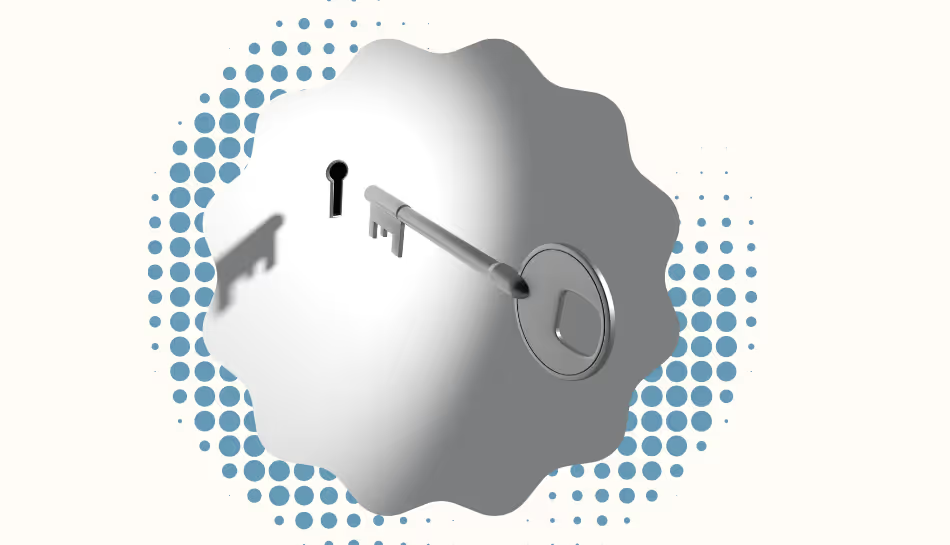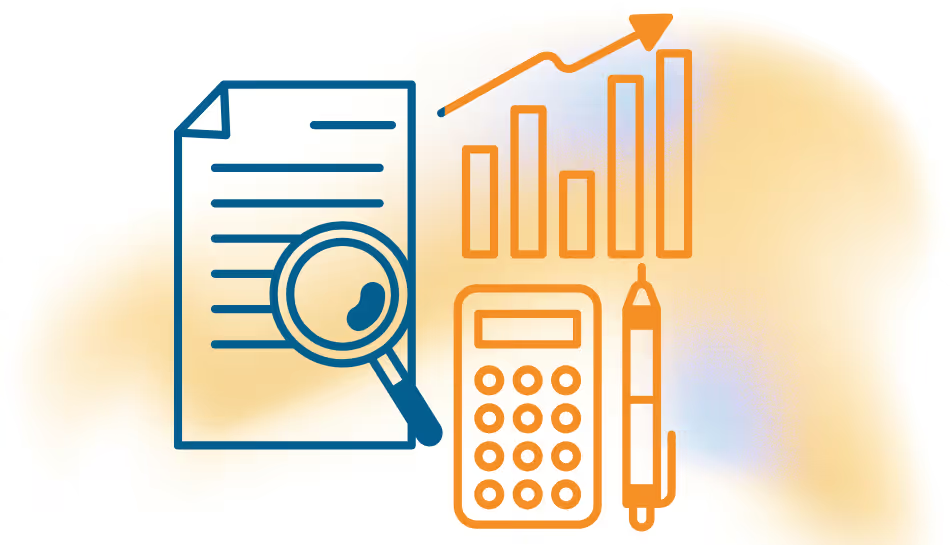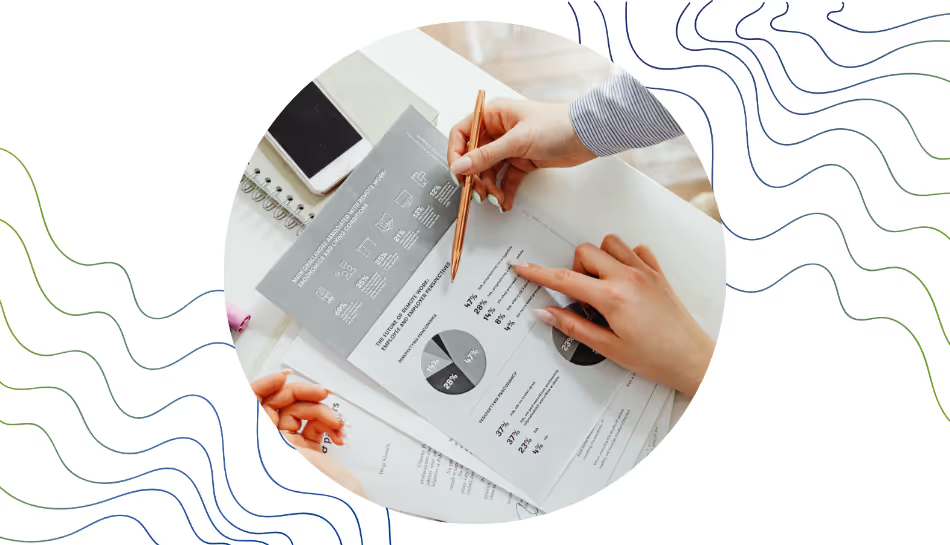
If you've ever wondered, "What is meant by ERP?" or "What are the key ERP features to look for in 2025?", you’re in the right place.
ERP (Enterprise Resource Planning) is software that integrates all your business processes, finance, HR, manufacturing, supply chain, sales, and more, into one system. Instead of using separate apps for each department, an ERP brings it all under one digital roof, streamlining operations and improving decision-making.
Let’s explore top 20 ERP features every business needs in 2025 and characteristics of enterprise resource planning system that define modern functions in 2025.
1. Centralized Database
At the heart of any ERP system is a shared database that stores all business data in one place. This ensures consistency and eliminates duplication.
2. Real-Time Data Access
Modern ERP systems offer real-time dashboards and updates, enabling quicker and more informed decisions.
3. Finance & Accounting Module
Tracks income, expenses, budgets, tax calculations, and generates financial reports, making it one of the most essential ERP functional modules.
4. Inventory Management
Monitors stock levels, automates reordering, and reduces waste. A must-have for retailers, manufacturers, and wholesalers.
5. Human Resource Management (HRM)
Handles employee records, recruitment, payroll, appraisals, and leave tracking, all from one platform.
6. Sales and CRM Integration
Manages customer relationships, sales leads, follow-ups, and order tracking. Great for improving customer service and sales performance.
7. Supply Chain Management (SCM)
Optimizes procurement, vendor management, shipping, and delivery for end-to-end supply chain visibility.
8. Production & Manufacturing Planning
Crucial for factories, this module helps with production scheduling, material planning, and quality control.
9. Purchase Management
From requesting quotations to managing suppliers and processing purchase orders, this module streamlines procurement workflows.
10. Project Management
Assign tasks, set deadlines, track progress, and manage resources, all within the ERP environment.
11. Business Intelligence & Reporting
Generate real-time reports and analytics that support data-driven decisions and spot trends early.
12. Multi-Currency & Multi-Language Support
Ideal for global companies operating in different regions, this feature helps standardize processes across borders.
13. Mobile Access
Modern ERPs support mobile apps, so users can check reports, approve workflows, or update records on the go.
14. Workflow Automation
Automates repetitive tasks like approvals, notifications, and data entries to boost productivity and reduce errors.
15. Customizable Dashboards
Each user can tailor their ERP home screen to show what matters most, KPIs, alerts, or specific data.
16. Compliance Management
Ensures your business adheres to industry regulations and tax laws with built-in checks and audit trails.
17. Document Management
Store, organize, and retrieve business documents easily from within the ERP, reducing paper use and clutter.
18. Integration Capabilities
A good ERP can connect with other tools, like e-commerce platforms, payment gateways, and third-party apps.
19. User Role Management & Access Control
Keep sensitive data safe by controlling who can view or edit specific modules and records.
20. Cloud Deployment & Scalability
In 2025, many ERPs offer cloud-based options, making them more scalable and cost-effective for growing businesses.
Final Thoughts
So, what do you mean by ERP?
In simple terms, it’s a complete business management system. From HR to inventory, advanced ERP features to drive business efficiency are designed to eliminate silos and improve coordination across departments.
Whether you're a small business or a large enterprise, knowing these characteristics of ERP helps you choose the right system that fits your needs today, and scales for tomorrow.
Looking for an ERP that does it all? Tools like Bigsun’s ERP Suite are built with these features at their core, empowering businesses with the tools they need to succeed in 2025.

